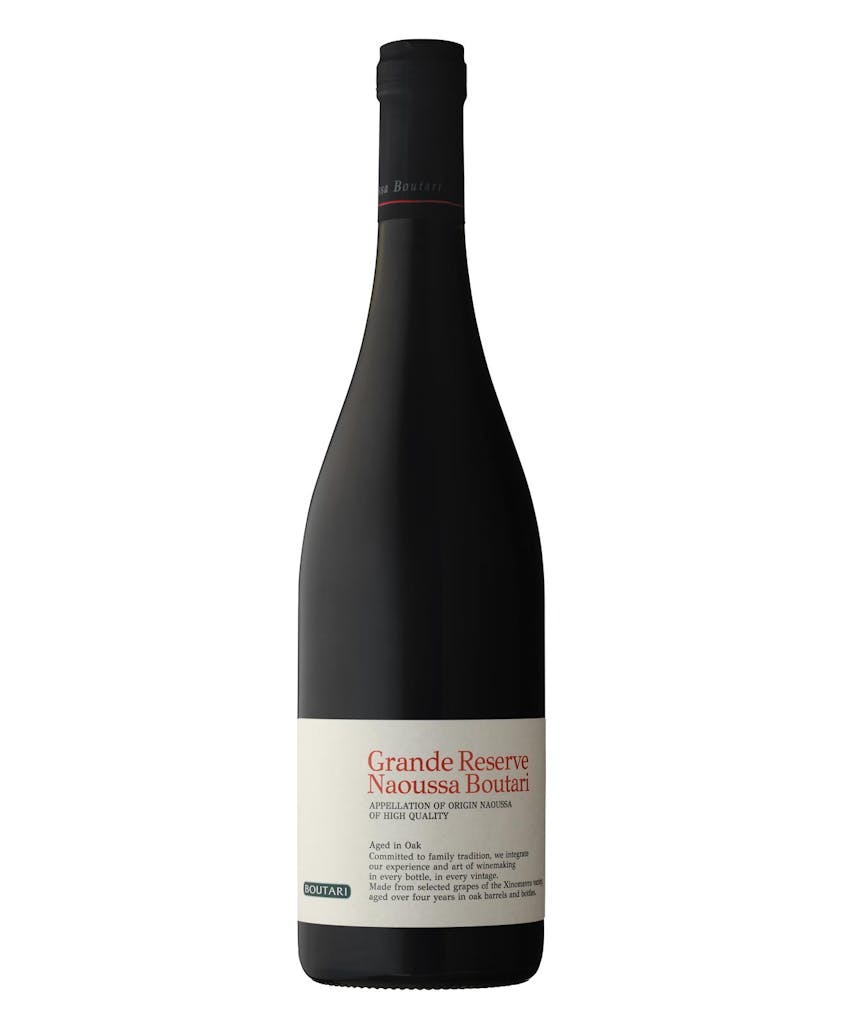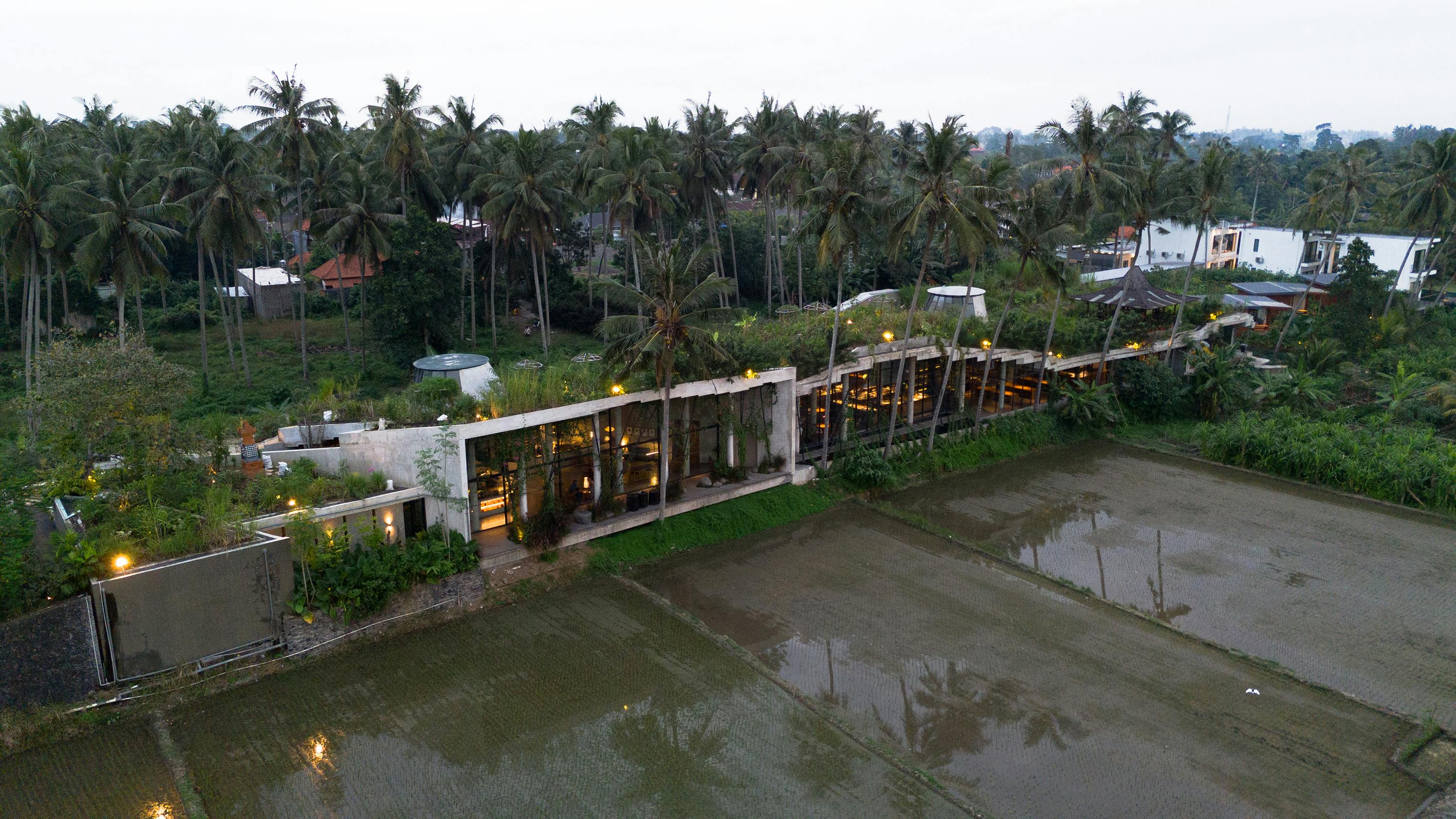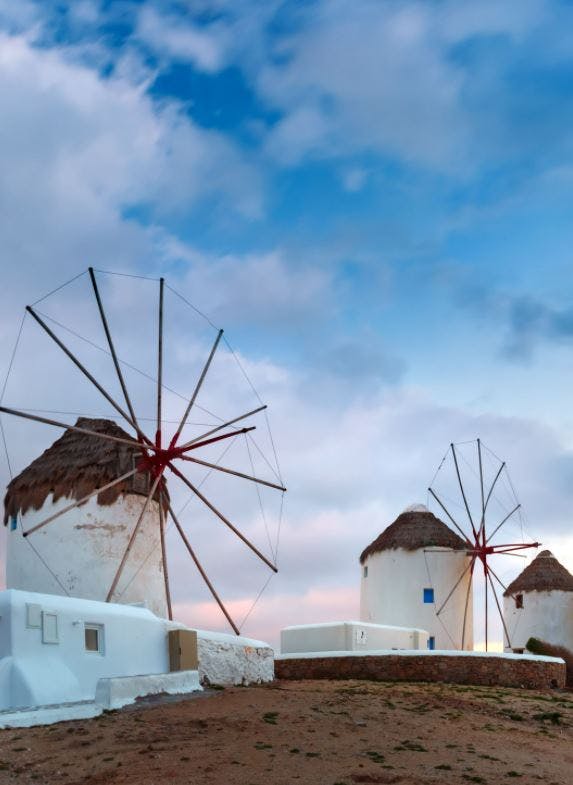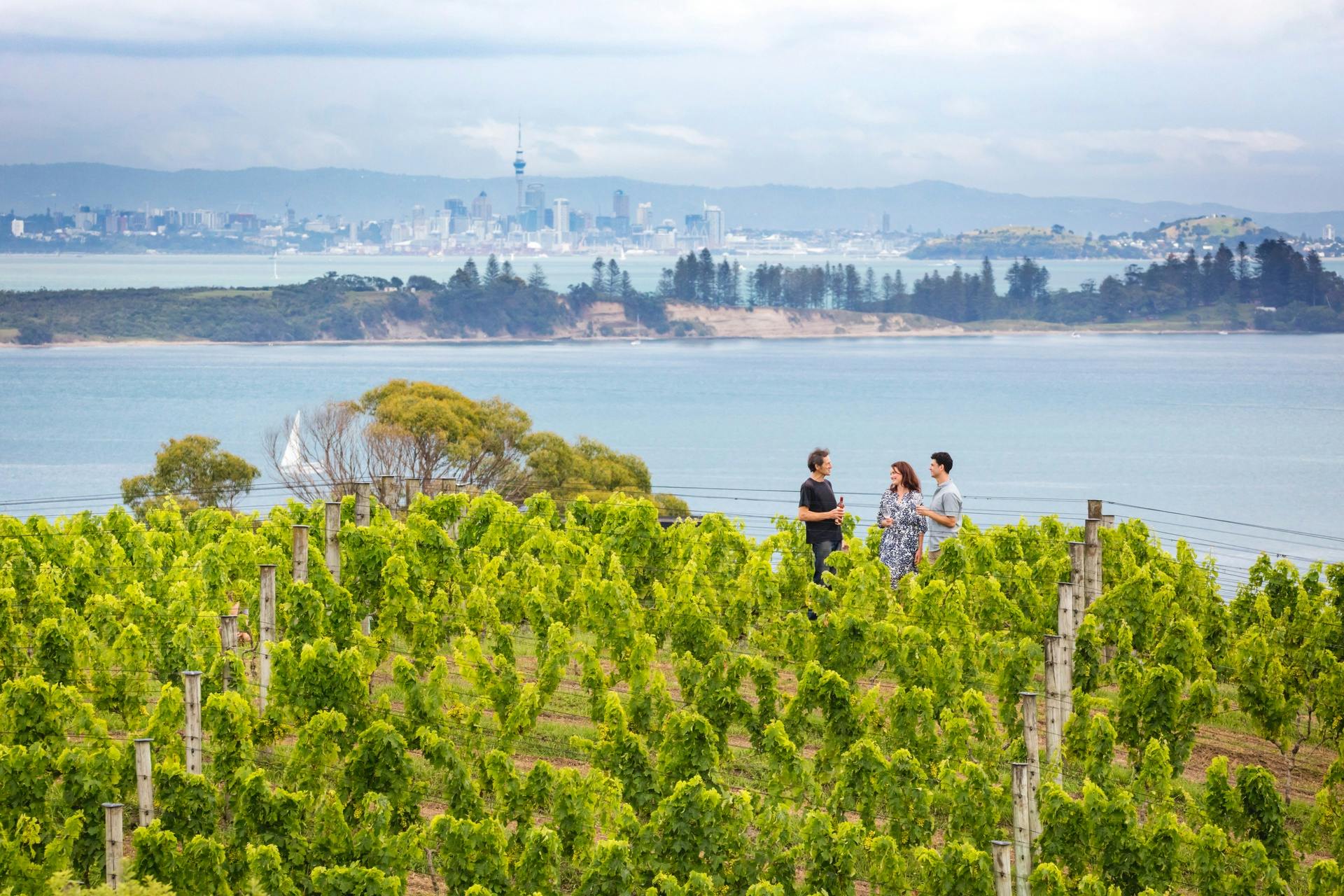“Greece has caught up with the best”: Silversea’s Wine Ambassador Talks Greek Viticulture
S.A.L.T. (Sea and Land Taste) is all about connecting guests to destinations through the lens of food and the people, rituals and flavors behind culinary traditions. And where better to launch a program that’s all about the roots of deliciousness than in Greece, where the endless bounty of the sea meets the ancient culture and traditions of the sun-baked coast? In the land of Dionysus, winemaking has a long and storied history. Lawrence d’Almeida, Silversea’s Wine Ambassador, shares his thoughts on Greece’s place in the world of wines.
What are the grapes, regions and wine-making trends you’re most excited about in Greece right now?
If I had to choose just one Greek region, it would be the Peloponnese, for the sheer overall quality of its many wineries covering a great variety of terroirs. Most of the best wines are made on the slopes of the peninsula’s many mountain ranges, not least in order to take advantage of the cool nights which enhance the grapes’ aromas.

My favorite grapes are pretty much every wine lover’s: Assyrtiko as white – delicious wherever it is planted but particularly endowed with mineral character balanced by structural breadth on the island of Santorini; and Agiorgitiko as red, a grape which invariably makes rich, luscious seductive wines with a firm tannic structure to accompany the variety of sturdy Greek food everywhere.
What is most exciting in winemaking trends in Greece is the mere fact that they are now the same as in more accomplished winemaking countries such as France and Italy; concern for purity through organic and occasionally biodynamic viticulture, interest in rediscovering little-known and often almost extinct native varieties, and stepping away from over-use of oak to achieve greater purity of fruit. Greece has caught up with the best.
“Greece remains a small player on the world stage, but a unique one, insofar as it uses one of the largest numbers of native varieties in the world and proudly asserts its very own style.”
Lawrence d’Almeida
What surprised you about Greek wines the more you researched them? What do you think will surprise and delight our guests?
The most surprising aspects about Greek wines is the variety and strong character. Because of its relative poverty, Greece was not overly affected by the ubiquitous use of international varieties (i.e.; the French varieties that conquered the world in the 1980s and 1990s) and reveled in the use of their numerous native varieties, all waiting to be discovered by outsiders. To name a few white grapes: Aidani, Assyrtiko, Athini, Debina, Kydonitsa, Malagousia, Monemvasia, Robola, Savatiano, Vidiano and Vilana; and red: Agiorgitiko, Kotsifali, Liatiko (both from Crete), Limnio, Mandilaria, Mavrodaphne, Mavrotragano and Xinomavro. Guests will have a unique chance to try many of the above.
How does Greece fit into the larger landscape of European wine making?
The importance of wine to Greek culture cannot be underestimated. From Homer’s “wine-dark sea” to the cult of Dionysus, wine has played a fundamental role throughout Greek history. However, Byzantine rule first and, much more importantly, Ottoman rule thereafter (clearly, the Ottoman’s faith did not allow for winemaking) dealt a tremendous blow to Greek wine fortunes, and centuries of poverty did the rest, leaving Greece far behind most other important wine-producing countries of the Old World. This has meant that Greece was a late-comer to the “wine revolution” of the last 40 years, but now has fully caught up.
Greece remains a small player on the world stage (18th-largest producer), but a unique one, insofar as it uses one of the largest numbers of native varieties in the world (after Italy, Georgia, France and Portugal) and proudly asserts its very own style: “clean, gutsy, with flavors just beyond the usual,” wrote the ever-so-articulate wine expert Hugh Johnson.
Regional Wine Selections

Domaine Sigalas
Santorini Assyrtiko, 2018
A classic. Quintessentially representative of the by-now world-famous Assyrtiko grape variety planter in the no-less renowned volcanic soils of Santorini. Minerality distinguishes Santorini Assyrtiko from all other Greek white grapes, and the Domaine Sigalas Assyrtiko has minerality and vibrancy to spare. It is, however, broad and satisfying on the palate. Again, a classic.
Alpha Estate
Single Vineyard Turtles Malagousia, 2020
Malagousia is a great example of the re-discovery of native grape varieties in Greece (as in other Old World countries such as Portugal and Italy). The grape was almost extinct until Professor of Oenology Vassilis Logothetis rediscovered it in the 1970s. The Alpha Estate, one of Greece’s leading wineries, is located in the wine-rich region of Macedonia. The Single Vineyard Turtles Malagousia (turtles apparently like this vineyard) is grown on the high-altitude Amyndeon plateau. Peach and lime, savory and salty, with a note of passion fruit and elderflower, the wine is certainly full of aromatic character. On the palate there is plenty of sweet, ripe, nectarine and honey fruitiness, and good grapefruit and lime acidity as well.

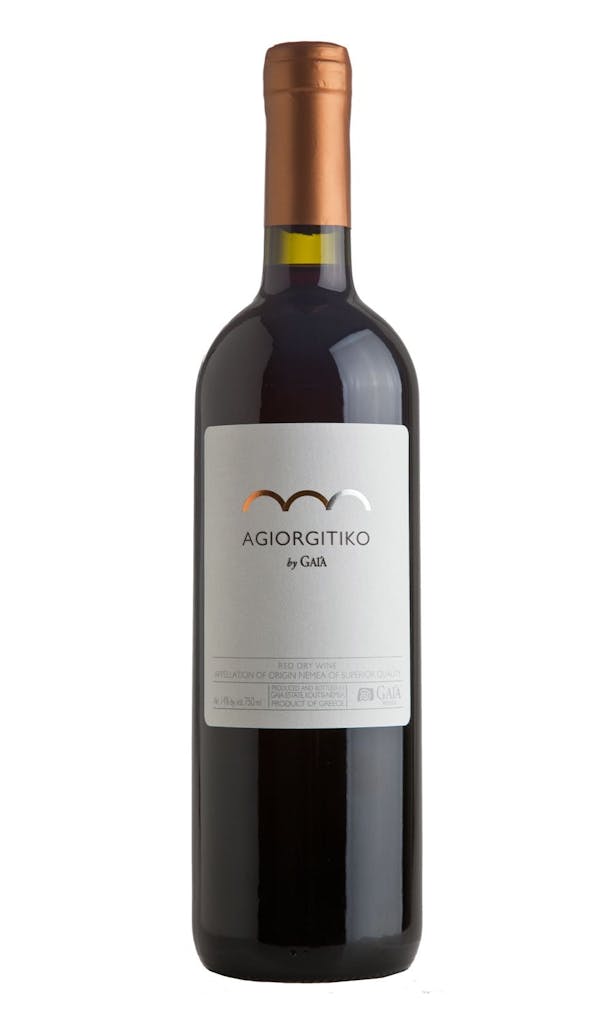
Agiorgitiko by Gaia, 2018
The Gai’a winery (not to be confused with Italy’s Gaja Winery) is located in Nemea, on the Peloponnese, arguably Greece’s most important red-wine appellation (along with Naoussa in Macedonia), and home for centuries to the native Agiorgitiko, Greece’s flagship red grape. This wine is an easy-drinking, rich red wine, with great depth of fruit (ripe cherries), soft ripe tannins, a firm texture and freshness. This is a very pure example of Agiorgitiko.
Boutari
Grande Reserve Xinomavro, 2016
Xinomavro is by many Greek wine connoisseurs considered to be Greece’s ‘greatest’ grape, in a very similar way to which Nebbiolo, from which Barolo and Barbaresco are made, is considered by many to be Italy’s finest (at one point some ampelographers wondered if they weren’t one and the same). In fact, the two grapes resemble each other a lot – very tannic and firm and dry when young but developing ethereal aromas with age. The long-established Boutari winery makes this iconic wine from vineyards in Naoussa, Macedonia’s most famous wine production area, which became Greece’s very first wine region to be given its own official appellation title. The wine is aromatically complex, with notes of ripe blackberry and figs, olives and tomatoes, leather, cinnamon and spice. Its firm tannins, typical of Xinomavro, call for rich Greek culinary specialties.
